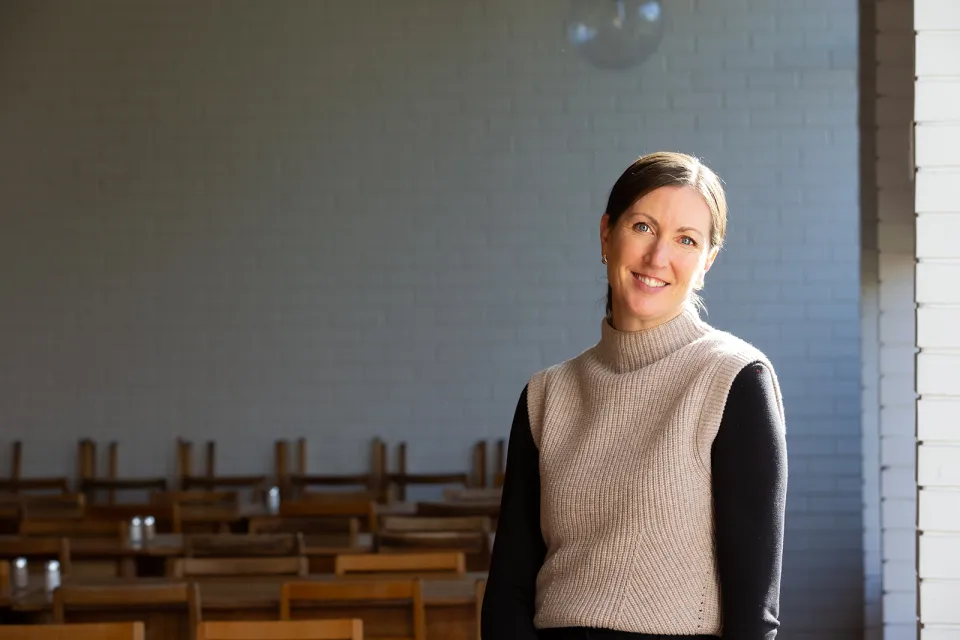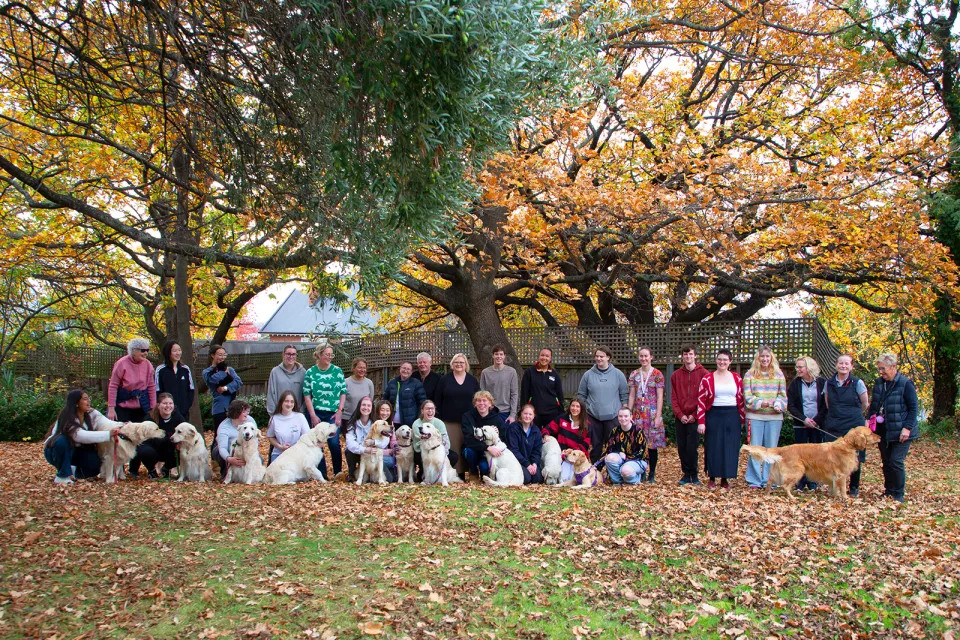Wellbeing Program
Jane believes that for students to thrive academically and personally, they must feel supported, safe, and genuinely connected to their community. It’s a whole-college approach to every aspect of student life.
A holistic, proactive approach
Our Wellbeing Framework supports students across six key areas:
- belonging and connection
- mental and emotional health
- physical health
- the environment
- autonomy and personal growth
- safety and security
We focus on early intervention, meaningful relationships, and routines that promote healthy habits and resilience.






Tracking wellbeing progress
We continuously review wellbeing at Jane through:
- Student feedback and surveys
- Compulsory wellbeing check-ins
- Input from our Student Leadership Team
- Reports via the RespectX platform
It takes a village
While Jane’s wellbeing program is led by our Dean of Students, it is supported by every staff member and student leader. Our residents and their parents find peace of mind knowing that our collegiate model provides supervision, stability and 24/7 support. We work hard to ensure all residents are connected; there is always someone to talk to, share key moments with, or help out with their studies.
At Jane, wellbeing isn’t a service—it’s a culture. Our community genuinely cares, and that care is reflected in the everyday experiences of our residents.
Student Wellbeing Team
Our commitment to providing 24/7 support is made possible through the Student Wellbeing Team, made up of the Dean of Students and the Senior Residents.
The Dean of Students, Ms Sarah Hopkins, is the primary support provider for the College (she sometimes even calls herself the Mum of the College) and offers:
- Face-to-face support
- Contact with parents
- Cultural support
- Support service referrals
Senior Resident Support
Led by the Dean of Students and employed for their leadership skills, the Senior Residents are live-in members of staff. They act as peer leaders within the community and provide after-hours assistance. Senior Residents are required to have a Working with Vulnerable People check and, as likely first responders in any challenging situation, undergo a rigorous training program that includes:
- First aid and mental health first aid
- Fire warden
- Equal opportunities awareness
- Trauma informed approach to work
- Suicide prevention
- Mindfulness and wellbeing
- Sexual trauma first responder
- Cultural awareness
- Harassment and bullying awareness
Jane Wellbeing Framework
The Jane Wellbeing Framework shows how we create a supportive, inclusive, and engaging community that promotes the physical, mental, and emotional health of all residential college students. View the Wellbeing Framework.
